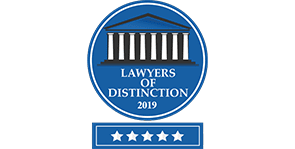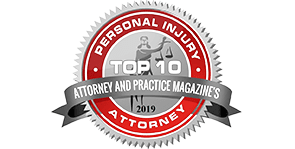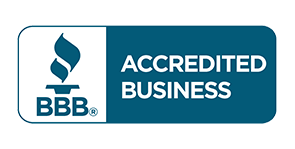Posted On November 27, 2019 California,Premises Liability
Premises liability and property owners must keep their land and facilities safe for those reasonably expected to use their property. When you are injured on someone else’s property, whether at a hotel, grocery store, construction site, or elsewhere, the owner may be held liable for your injuries.
Read on to find out just what the law has to say about California premises liability, and whether or not you might have a case.
In a premises liability lawsuit, you must prove that your injury resulted from how the property owner or manager managed (or mismanaged) the property. For example:
You’ll have to prove all of the above in order to recover damages from a premises liability case, which can be extremely difficult without a good lawyer.
Property owners must manage their property with a certain duty of care. Premises liability lawsuits focus on whether the defendant breached this duty of care. To make that decision, juries consider many factors, such as:
Several parties could be held responsible, including anyone who owns, leases, occupies, or controls the property. This could be a single person or numerous people depending on the property.
Even if the property owner delegates maintenance duties to someone else—such as a contractor—he or she is still responsible for the state of their property and liable for unsafe conditions and injuries.
That means that for premises liability lawsuits, the defendant could be any of the following:
The property where you were injured will determine the defendants in your case
No two injuries are the same, but some locations and types of injuries are more common than others, such as:
Property owners may not be liable for injuries from trivial or minor damage, but several factors can indicate the owner should have been aware of the damage, such as:
Damages typically fall into three categories: economic damages, non-economic damages, and punitive damages.
Economic damages compensate you for specific dollar amounts lost or expected to be lost due to your accident,
Non-economic damages compensate the victim for losses that do not have a set value, like:
Finally, courts award punitive damages to punish property owners for particularly reckless or intentionally malicious behavior.
Proving that the property owner where you were injured is responsible for your accident can be tough without the right personal injury lawyer at your side. If you want to know how strong your case is, call us or fill out the quick form below. Let’s start planning the next step to recover the compensation you deserve.









© 2022 MONTGOMERY STEELE LAW | ALL RIGHTS RESERVED | disclaimer
